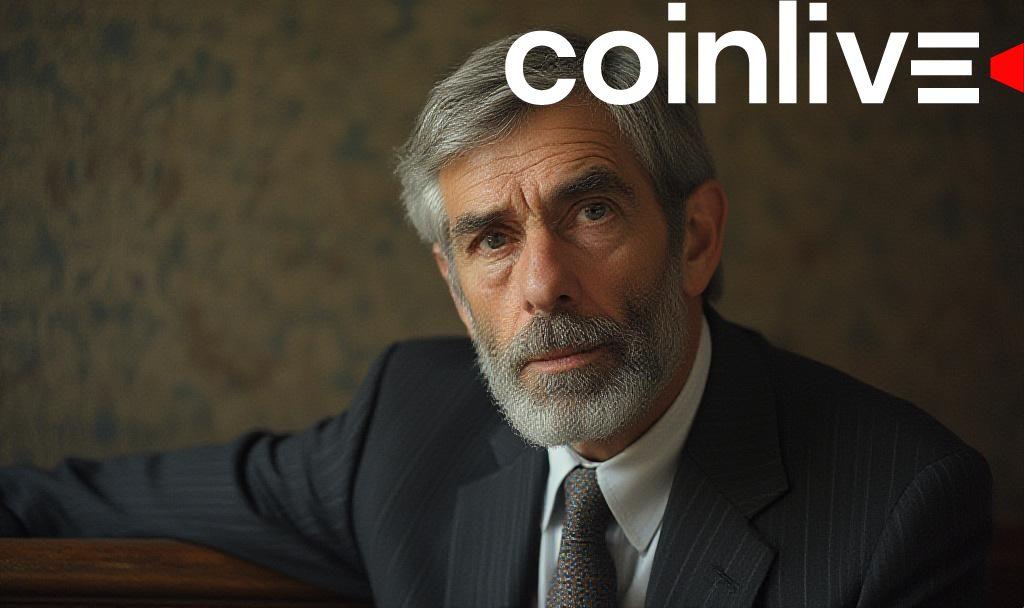- Krugman’s skepticism challenges stablecoins’ market justification.
- Debates over stablecoin utility and regulation matter.
- SEC highlights stablecoin utility contradictions.

Lede:
Paul Krugman has criticized stablecoins, suggesting they lack clear utility other than potentially facilitating illegal activities, sparking debate within the cryptocurrency community.
Nut Graph:
Krugman’s remarks highlight the ongoing debate over stablecoin legitimacy, questioning their primary usefulness and sparking significant reactions in financial circles.
Nobel Prize-winning economist
Nobel Prize-winning economist Paul Krugman recently stated that “stablecoins don’t serve any clearly useful function” and link them to illicit activities. His criticism adds to his history of skepticism towards digital currencies, affecting market perceptions.
In response, experts emphasize the legitimate purposes of stablecoins, highlighting their role in facilitating swift transactions and value storage. The SEC’s statement underscores their intended use for secure, non-speculative transfers, challenging Krugman’s viewpoint.
Current Dialogue
Current dialogue around stablecoins has intensified, focusing on their regulatory scrutiny and market role. The SEC stresses their non-investment nature, while Krugman’s view hints at broader regulatory concerns over potential misuse scenarios.
Regulatory Future
Paul Krugman’s views on stablecoins trigger wider discussions on their regulatory future and potential restrictions. Industry experts highlight stablecoins’ essential role in driving blockchain technology adoption despite recent notable failures. Academic studies and regulatory reports provide contrasting perspectives on stablecoins’ impact and future. Historical analyses like Terra-Luna’s collapse offer insights into potential pitfalls and ensure vigilance in stablecoin design and compliance.
“Stablecoins don’t serve any clearly useful function,” said Paul Krugman, expressing his belief that their “only economic reason” is to “facilitate criminal activity.”








